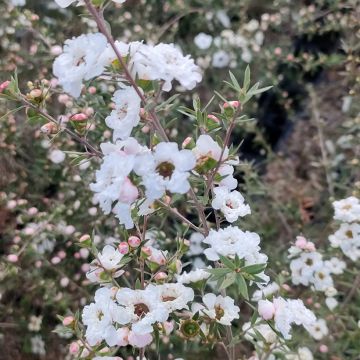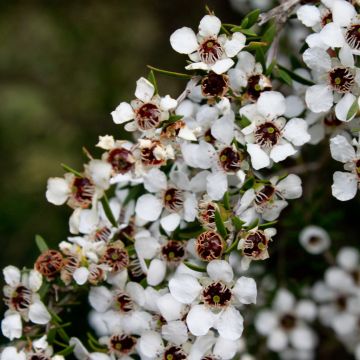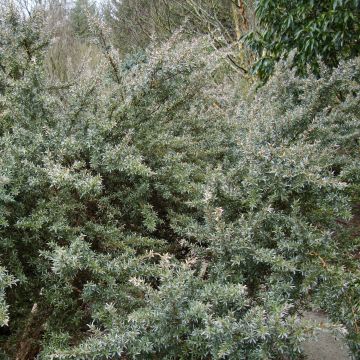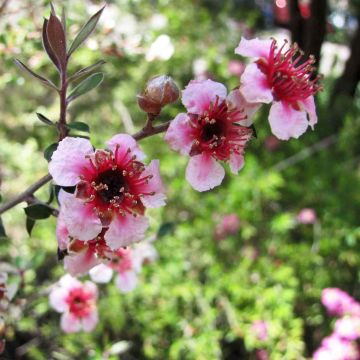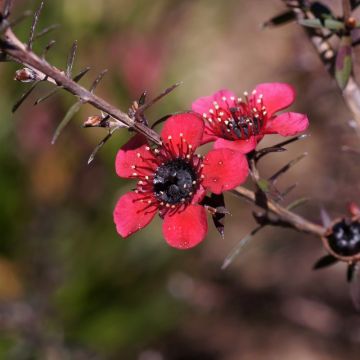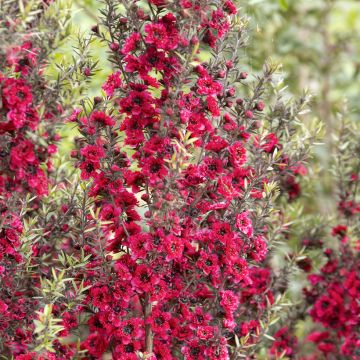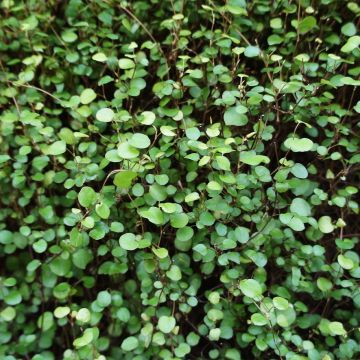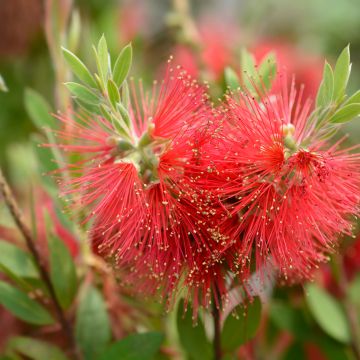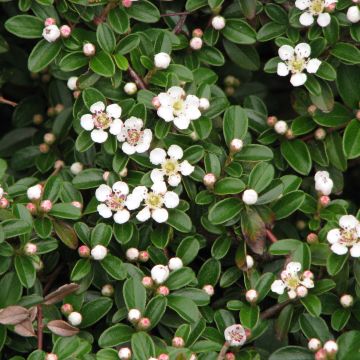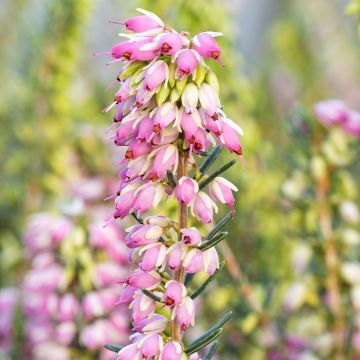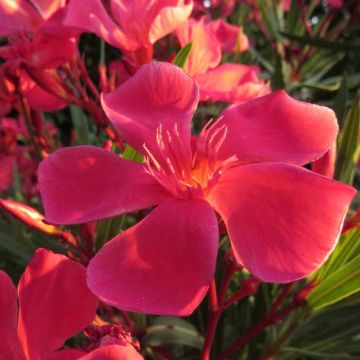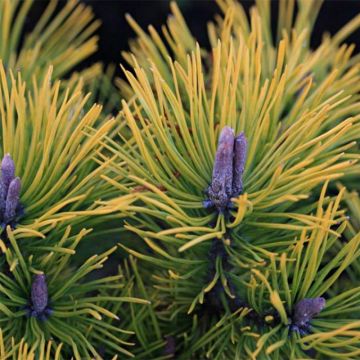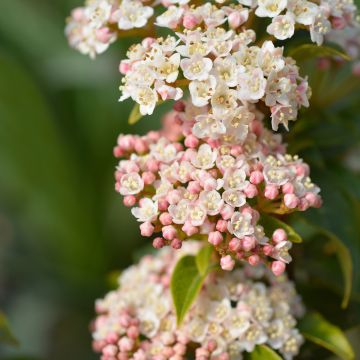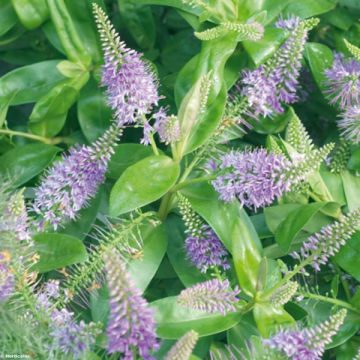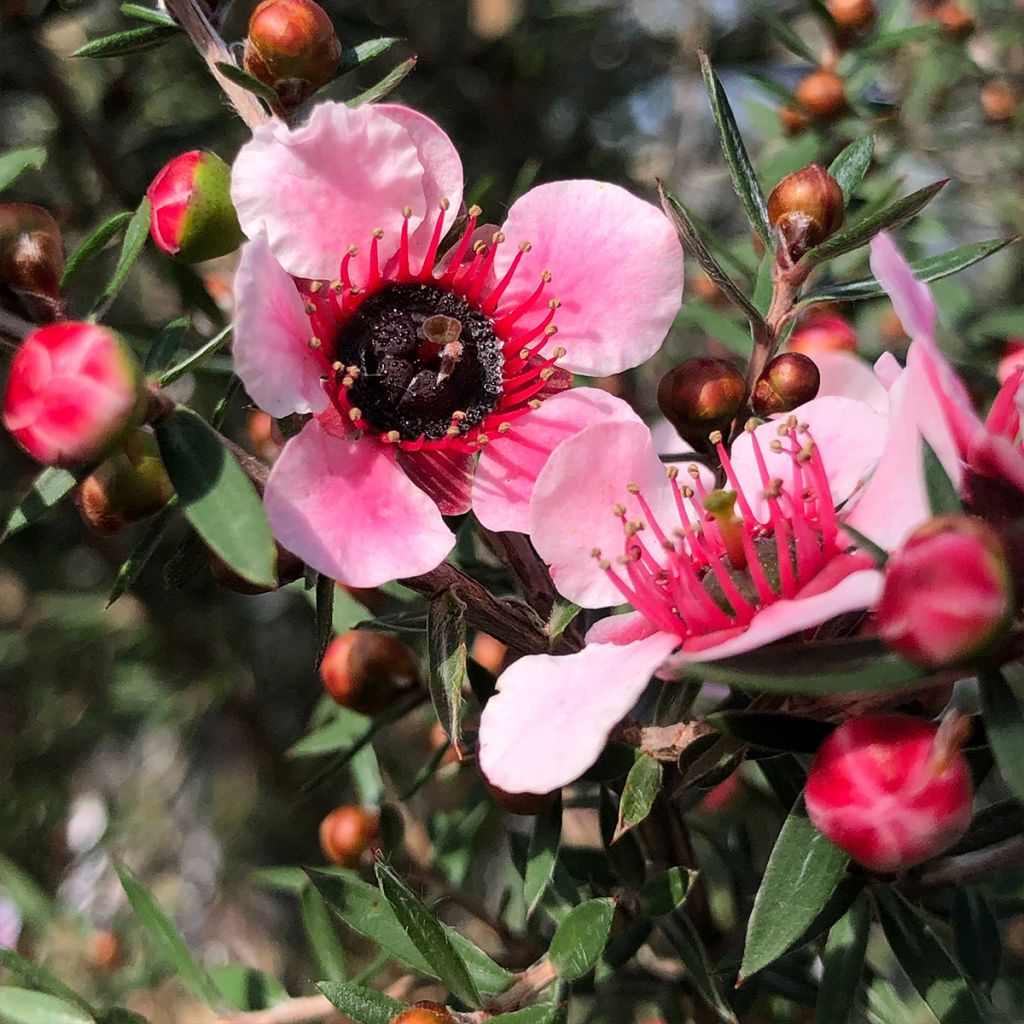

Leptospermum scoparium Martini - Tea-tree
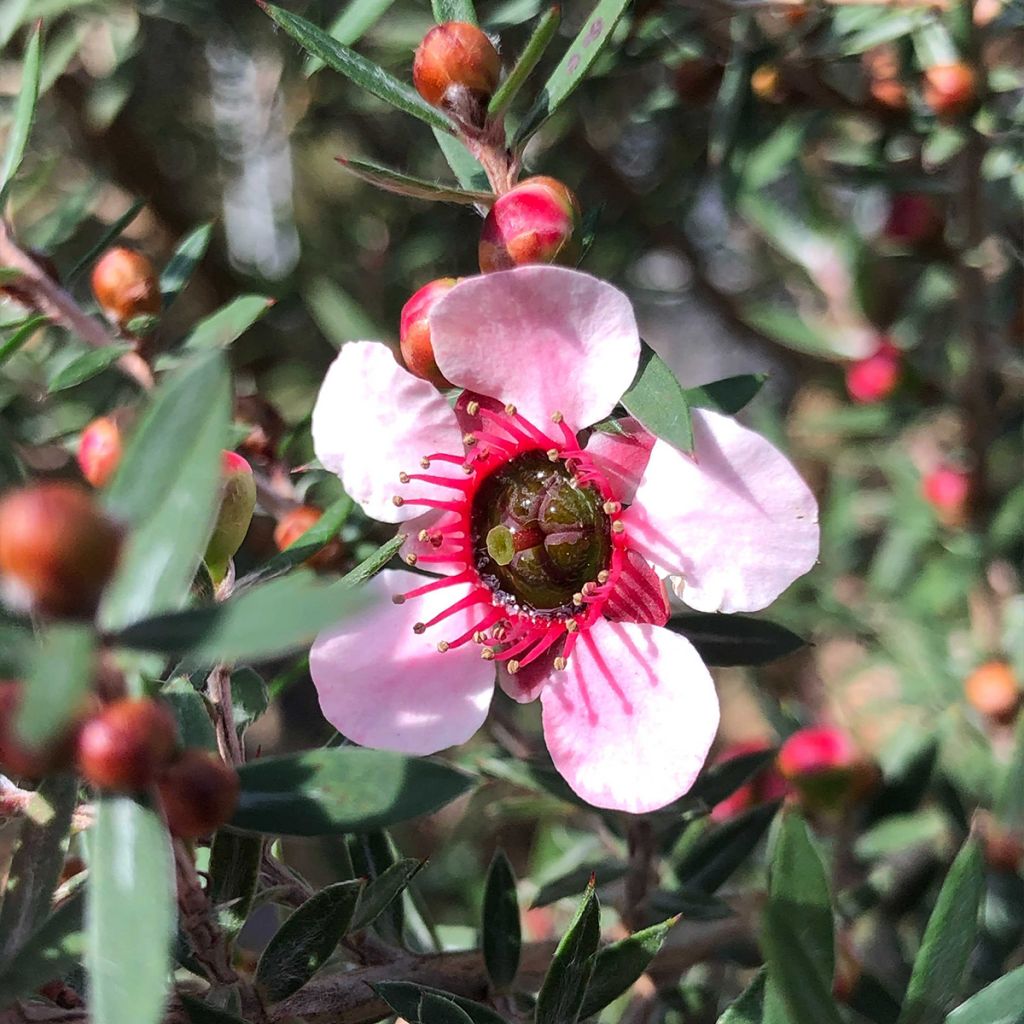

Leptospermum scoparium Martini - Tea-tree
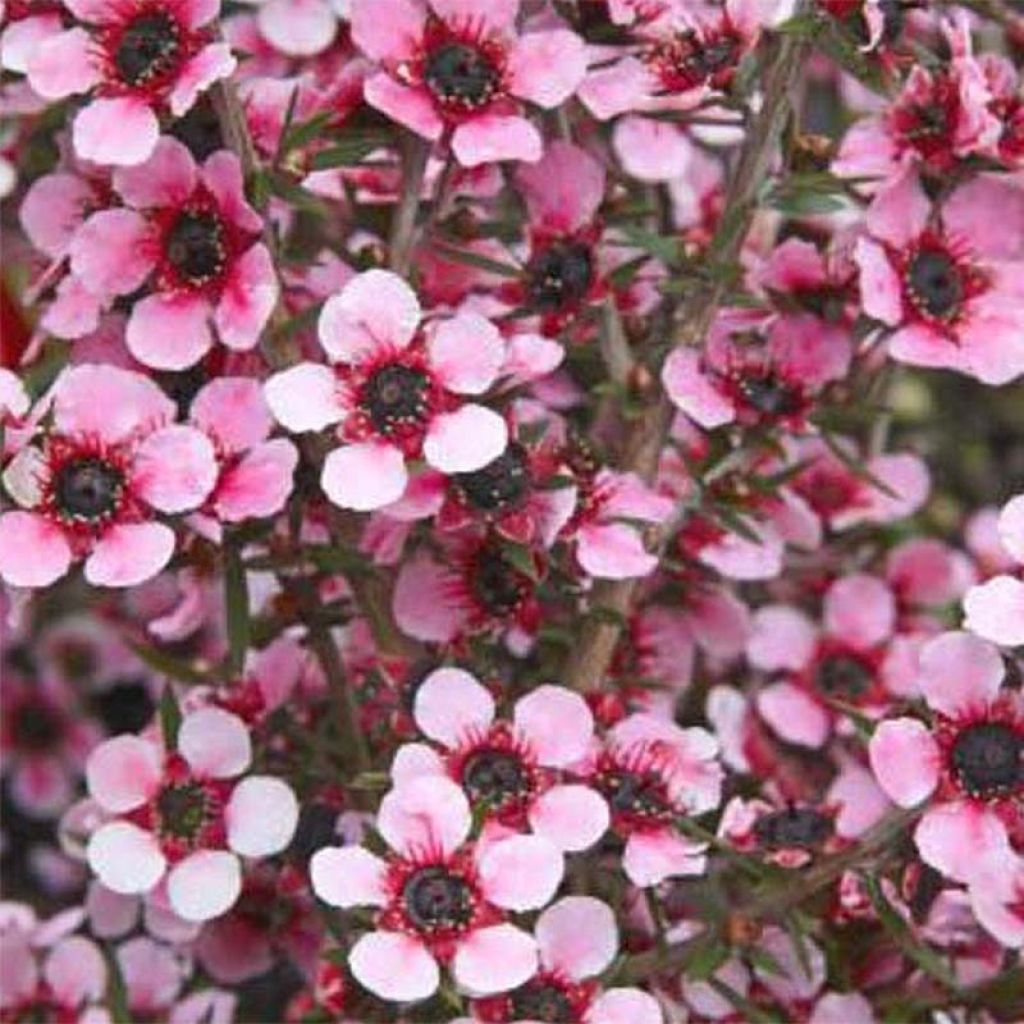

Leptospermum scoparium Martini - Tea-tree
Leptospermum scoparium Martini - Tea-tree
Leptospermum scoparium Martini
Manuka, New Zealand Tea Tree, Tea Tree
The plant arrived well packaged and slightly blooming, it was replanted in a rather clayey soil. It has produced lovely pink flowers. All is well.
Sandrine, 23/09/2024
Special offer!
Receive a €20 voucher for any order over €90 (excluding delivery costs, credit notes, and plastic-free options)!
1- Add your favorite plants to your cart.
2- Once you have reached €90, confirm your order (you can even choose the delivery date!).
3- As soon as your order is shipped, you will receive an email containing your voucher code, valid for 3 months (90 days).
Your voucher is unique and can only be used once, for any order with a minimum value of €20, excluding delivery costs.
Can be combined with other current offers, non-divisible and non-refundable.
Home or relay delivery (depending on size and destination)
Schedule delivery date,
and select date in basket
This plant carries a 24 months recovery warranty
More information
We guarantee the quality of our plants for a full growing cycle, and will replace at our expense any plant that fails to recover under normal climatic and planting conditions.

Would this plant suit my garden?
Set up your Plantfit profile →
Description
Leptospermum scoparium 'Martini' is a variety of tea tree or Manuka tree. It has been around for some years, but is still valued for its vigour, floribundity, and undemanding nature. This wonderful Australian bush forms a large, evergreen, slightly frost-sensitive shrub that is not fussy regarding soil type and is resistant to drought. It blooms from spring to summer, with a beautiful and long-lasting flowering of small single flowers in shades of pink with a dark heart. The flowers change colour as they mature. The delicate flowers are surrounded by long silver leaves that turn green. Its cultivation in open ground is best suited for mild climates, but it also thrives when potted and stored indoors during winter, allowing gardeners to enjoy its generous flowering throughout the summer.
Originally from the extreme southeast of Australia and New Zealand, Leptospermum scoparium, also known as New Zealand Myrtle or Tea-tree, is a cousin of Mediterranean myrtles, cloves, and eucalyptus. It belongs to the same family, Myrtaceae, and shares with these plants its love for heat as well as its essential oil-rich foliage. It naturally grows in regions with a mild oceanic climate, but also in dry forests, usually on poor, leached, rather acidic soil, forming a tall and wide shrub of 3m (10ft).
The 'Martini' cultivar is vigorous and has a spreading bushy habit with single flowers that change colour from pale to dark pink. This shrub reaches an average height of 1.5m (5ft) with a spread of 1.8m (6ft). In fertile soil, it can grow over 2m (7ft) in height. It has slightly aromatic, alternate, simple, pointed, small leaves, 1.5cm (0.6 in) long. The leaves are silver when they bud, before turning grey-green. The slightly fragrant, honey-producing, nectar-rich flowers appear for 5 to 6 weeks from April to May in a warm climate, later in cooler regions. They consist of 5 intense pink petals surrounding a dark heart and can reach a diameter of 2 to 3cm (1in). They are followed by small capsules releasing elongated seeds. This shrub can be lightly pruned after flowering from May to July.
'Martini' can withstand temperatures as low as -8°C (17.6°F), but the above-ground parts can be damaged at -5°C (23°F). It needs a sheltered location, in full sun but not in excessively hot conditions. It tolerates salt spray well, making it a beautiful shrub for coastal gardens. While it prefers neutral to acidic soils, according to some specialists in Mediterranean plants, it can also tolerate clay-limestone soils if they are light, loamy, and well-drained.
Leptospermum scoparium 'Martini' can be planted in flower beds or mixed with other Australian or New Zealand shrubs such as Callistemon, Grevillea, Melaleuca, as well as with South African species: Gomphostigma virgatum 'White Candy', Dierama, Aloe arborescens, Anisodontea capensis, or Melianthus major should thrive under the same growing conditions. It can also be used to create a medium-sized evergreen hedge (no taller than 2m (7ft)) along with Myrtles, large cistus (Cistus laurifolius, Cistus x aguilari), Feijoa, and Olearia. In regions with very cold winters, the plant should be grown in a pot and kept frost-free throughout the winter.
NB: Leptospermum means thin seed and its common name, tea tree, comes from Captain Cook and his crew, who used its leaves to prevent scurvy.
Report an error about the product description
Leptospermum scoparium Martini - Tea-tree in pictures


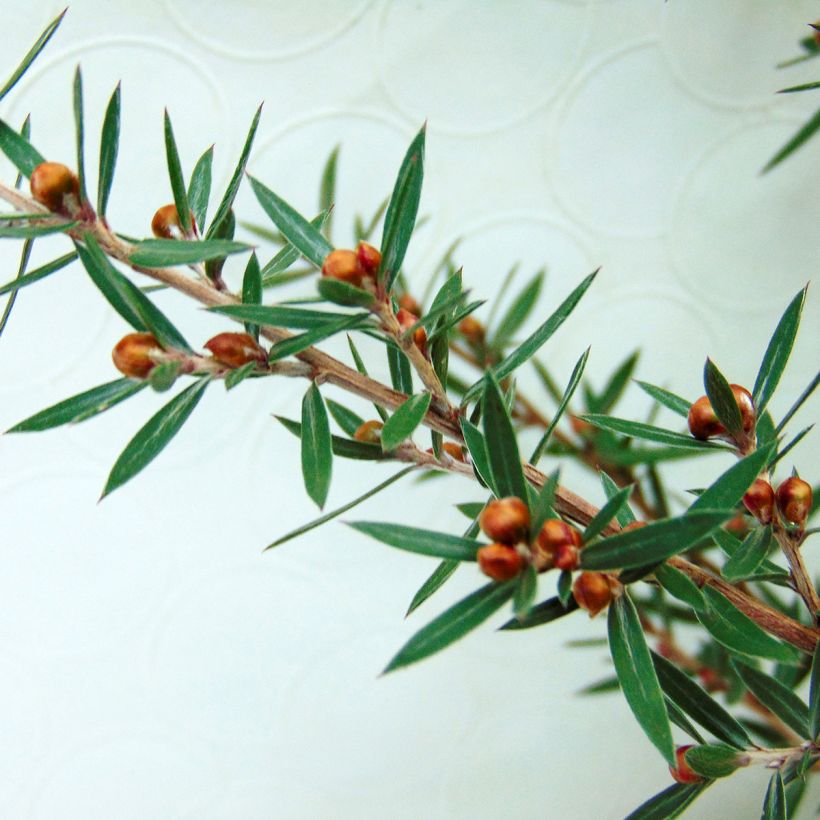

Plant habit
Flowering
Foliage
Botanical data
Leptospermum
scoparium
Martini
Myrtaceae
Manuka, New Zealand Tea Tree, Tea Tree
Cultivar or hybrid
Other Leptospermum
View all →Planting and care
The hardy Leptospermum scoparium 'Martini' can withstand temperatures down to -8 to -10°C (17.6°F to 14°F), but it will need protection from cold winds coming from the North and East during very cold winters. It prefers well-draining, light, loamy or sandy soils that are neutral or slightly acidic. Choose a partially shaded location in a warm climate, or a sunny location in a cooler climate. Prune it lightly (do not exceed a length equal to 1/3 of the branch size) after flowering to maintain a compact habit. In spring, it appreciates nutrient inputs (compost, manure, etc.), even though they are not essential as Manuka thrives in relatively poor soils. Allow the surface of the root ball to dry out before watering again, and reduce watering in autumn as temperatures drop. Use preferably low or non-calcareous water.
Planting period
Intended location
Care
-
, onOrder confirmed
Reply from on Promesse de fleurs
Similar products
Haven't found what you were looking for?
Hardiness is the lowest winter temperature a plant can endure without suffering serious damage or even dying. However, hardiness is affected by location (a sheltered area, such as a patio), protection (winter cover) and soil type (hardiness is improved by well-drained soil).

Photo Sharing Terms & Conditions
In order to encourage gardeners to interact and share their experiences, Promesse de fleurs offers various media enabling content to be uploaded onto its Site - in particular via the ‘Photo sharing’ module.
The User agrees to refrain from:
- Posting any content that is illegal, prejudicial, insulting, racist, inciteful to hatred, revisionist, contrary to public decency, that infringes on privacy or on the privacy rights of third parties, in particular the publicity rights of persons and goods, intellectual property rights, or the right to privacy.
- Submitting content on behalf of a third party;
- Impersonate the identity of a third party and/or publish any personal information about a third party;
In general, the User undertakes to refrain from any unethical behaviour.
All Content (in particular text, comments, files, images, photos, videos, creative works, etc.), which may be subject to property or intellectual property rights, image or other private rights, shall remain the property of the User, subject to the limited rights granted by the terms of the licence granted by Promesse de fleurs as stated below. Users are at liberty to publish or not to publish such Content on the Site, notably via the ‘Photo Sharing’ facility, and accept that this Content shall be made public and freely accessible, notably on the Internet.
Users further acknowledge, undertake to have ,and guarantee that they hold all necessary rights and permissions to publish such material on the Site, in particular with regard to the legislation in force pertaining to any privacy, property, intellectual property, image, or contractual rights, or rights of any other nature. By publishing such Content on the Site, Users acknowledge accepting full liability as publishers of the Content within the meaning of the law, and grant Promesse de fleurs, free of charge, an inclusive, worldwide licence for the said Content for the entire duration of its publication, including all reproduction, representation, up/downloading, displaying, performing, transmission, and storage rights.
Users also grant permission for their name to be linked to the Content and accept that this link may not always be made available.
By engaging in posting material, Users consent to their Content becoming automatically accessible on the Internet, in particular on other sites and/or blogs and/or web pages of the Promesse de fleurs site, including in particular social pages and the Promesse de fleurs catalogue.
Users may secure the removal of entrusted content free of charge by issuing a simple request via our contact form.
The flowering period indicated on our website applies to countries and regions located in USDA zone 8 (France, the United Kingdom, Ireland, the Netherlands, etc.)
It will vary according to where you live:
- In zones 9 to 10 (Italy, Spain, Greece, etc.), flowering will occur about 2 to 4 weeks earlier.
- In zones 6 to 7 (Germany, Poland, Slovenia, and lower mountainous regions), flowering will be delayed by 2 to 3 weeks.
- In zone 5 (Central Europe, Scandinavia), blooming will be delayed by 3 to 5 weeks.
In temperate climates, pruning of spring-flowering shrubs (forsythia, spireas, etc.) should be done just after flowering.
Pruning of summer-flowering shrubs (Indian Lilac, Perovskia, etc.) can be done in winter or spring.
In cold regions as well as with frost-sensitive plants, avoid pruning too early when severe frosts may still occur.
The planting period indicated on our website applies to countries and regions located in USDA zone 8 (France, United Kingdom, Ireland, Netherlands).
It will vary according to where you live:
- In Mediterranean zones (Marseille, Madrid, Milan, etc.), autumn and winter are the best planting periods.
- In continental zones (Strasbourg, Munich, Vienna, etc.), delay planting by 2 to 3 weeks in spring and bring it forward by 2 to 4 weeks in autumn.
- In mountainous regions (the Alps, Pyrenees, Carpathians, etc.), it is best to plant in late spring (May-June) or late summer (August-September).
The harvesting period indicated on our website applies to countries and regions in USDA zone 8 (France, England, Ireland, the Netherlands).
In colder areas (Scandinavia, Poland, Austria...) fruit and vegetable harvests are likely to be delayed by 3-4 weeks.
In warmer areas (Italy, Spain, Greece, etc.), harvesting will probably take place earlier, depending on weather conditions.
The sowing periods indicated on our website apply to countries and regions within USDA Zone 8 (France, UK, Ireland, Netherlands).
In colder areas (Scandinavia, Poland, Austria...), delay any outdoor sowing by 3-4 weeks, or sow under glass.
In warmer climes (Italy, Spain, Greece, etc.), bring outdoor sowing forward by a few weeks.






























